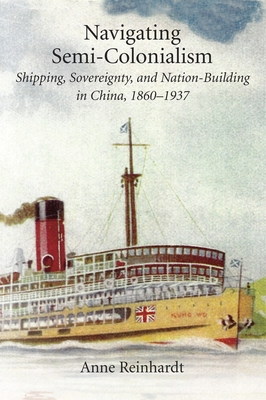Expedite your nonfiction book discovery process with Readara interviews, summaries and recommendations, Broaden your knowledge and gain insights from leading experts and scholars
In-depth, hour-long interviews with notable nonfiction authors, Gain new perspectives and ideas from the writer’s expertise and research, Valuable resource for readers and researchers
Optimize your book discovery process, Four-to eight-page summaries prepared by subject matter experts, Quickly review the book’s central messages and range of content
Books are handpicked covering a wide range of important categories and topics, Selected authors are subject experts, field professionals, or distinguished academics
Our editorial team includes books offering insights, unique views and researched-narratives in categories, Trade shows and book fairs, Book signings and in person author talks,Webinars and online events
Connect with editors and designers,Discover PR & marketing services providers, Source printers and related service providers

Navigating Semi-Colonialism: Shipping, Sovereignty, and Nation-Building in China, 1860-1937
History > Asia - China
- Harvard University Press
- Hardcover
- 9780674983847
- 9.1 X 6.1 X 1.3 inches
- 1.45 pounds
- History > Asia - China
- (Single Author) Asian American
- English
Readara.com
Book Description
China's status in the world of expanding European empires of the nineteenth and early twentieth centuries has long been under dispute. Its unequal relations with multiple powers, secured through a system of treaties rather than through colonization, has invited debate over the degree and significance of outside control and local sovereignty. Navigating Semi-Colonialism examines steam navigation--introduced by foreign powers to Chinese waters in the mid-nineteenth century--as a constitutive element of the treaty system to illuminate both conceptual and concrete aspects of this regime, arguing for the specificity of China's experience, its continuities with colonialism in other contexts, and its links to global processes.
Focusing on the shipping network of open treaty ports, the book examines the expansion of steam navigation, the growth of shipping enterprise, and the social climate of the steamship in the late nineteenth century as arenas of contestation and collaboration that highlight the significance of partial Chinese sovereignty and the limitations imposed upon it. It further analyzes the transformation of this regime under the nationalism of the Republican period, and pursues a comparison of shipping regimes in China and India to provide a novel perspective on China under the treaty system.
Author Bio
Anne Reinhardt specializes in the modern history of China. Her first book, Navigating Semi-Colonialism in China, examines Western and Japanese imperialism in China through steamship transport networks, addressing issues of sovereignty, economic development, and social space. Her current book project Cultures of Capitalism in China and India, compares the role of nationalist entrepreneurs in processes of decolonization in mid-twentieth century China and India. She has conducted research for these projects in China, Taiwan, Japan, Britain, and India.
Anne has taught at Williams College since the fall of 2005. Her courses include a two-semester survey of Chinese history (earliest times-present) as well as courses on China since 1949, gender and family, the Mongol Empire, and merchant cultures in China and India.
She holds a Ph.D in history from Princeton University, an M.A. in Asian Studies from the University of California, Berkeley, and an A.B. from Harvard University. She grew up in Lexington, Massachusetts.
Research Interests
Modern Chinese social and economic history, imperialism/colonialism, comparative empires, China/India comparisons.
Source: Williams College
Videos
No Videos
Community reviews
No Community reviews

